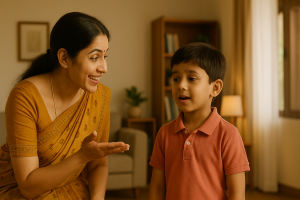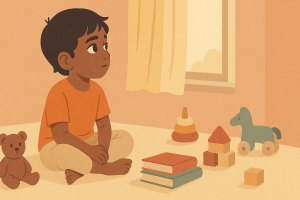Harnessing Energy: Positive Ways to Soothe Hyperactive Children
If you’re a parent or caregiver of a hyperactive child, you know how challenging it can be to channel their endless energy in positive ways. It’s exhausting at times, right? But instead of seeing this as a challenge, think of it as an opportunity. Let’s explore some positive parenting techniques that focus on soothing hyperactive children while still supporting their growth and development.
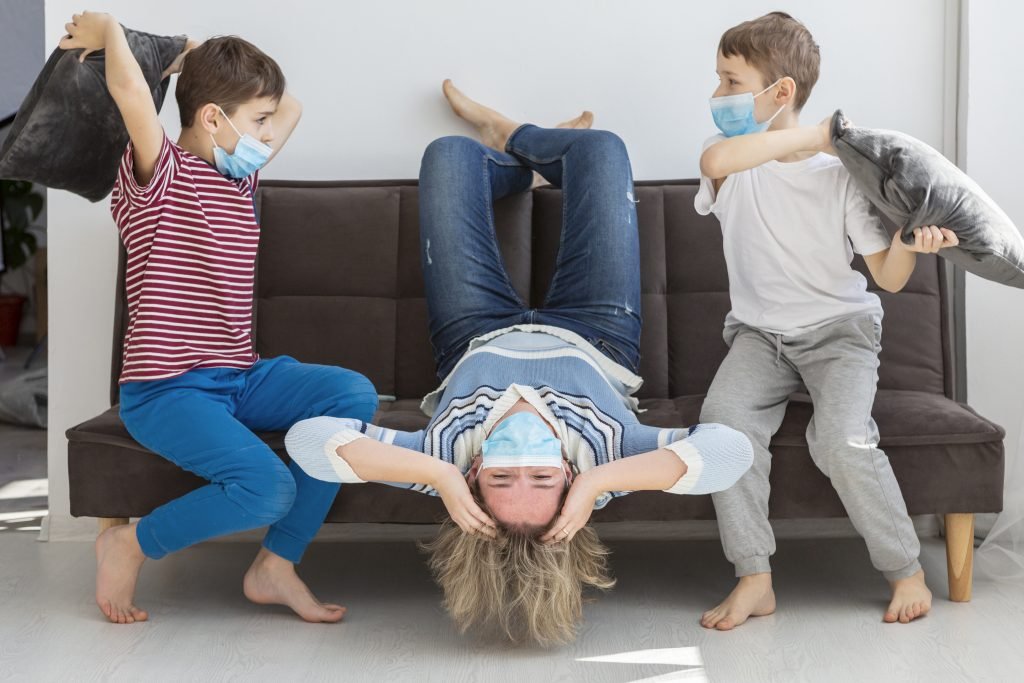
Parenting an active or hyperactive child can feel like a whirlwind at times, with constant movement, short attention spans, and bursts of energy that seem endless.
1. Encourage Physical Activity and Play
Hyperactive kids have a natural need to move. Benefits of play for child development are immense, and structured physical activities like sports, dancing, or swimming can help release extra energy in a healthy way. If your child prefers less structured play, let them run around at the park or create simple games at home. Physical activity not only helps with hyperactivity but also boosts cognitive and emotional development.

2. Incorporate Sensory Play
Hyperactive children often respond well to sensory play. Activities that stimulate their senses, like playing with textured materials (sand, water, slime) or even fidget toys, can help soothe and focus their minds. You might be surprised how calming something as simple as running their fingers through a tray of rice or playing with kinetic sand can be.
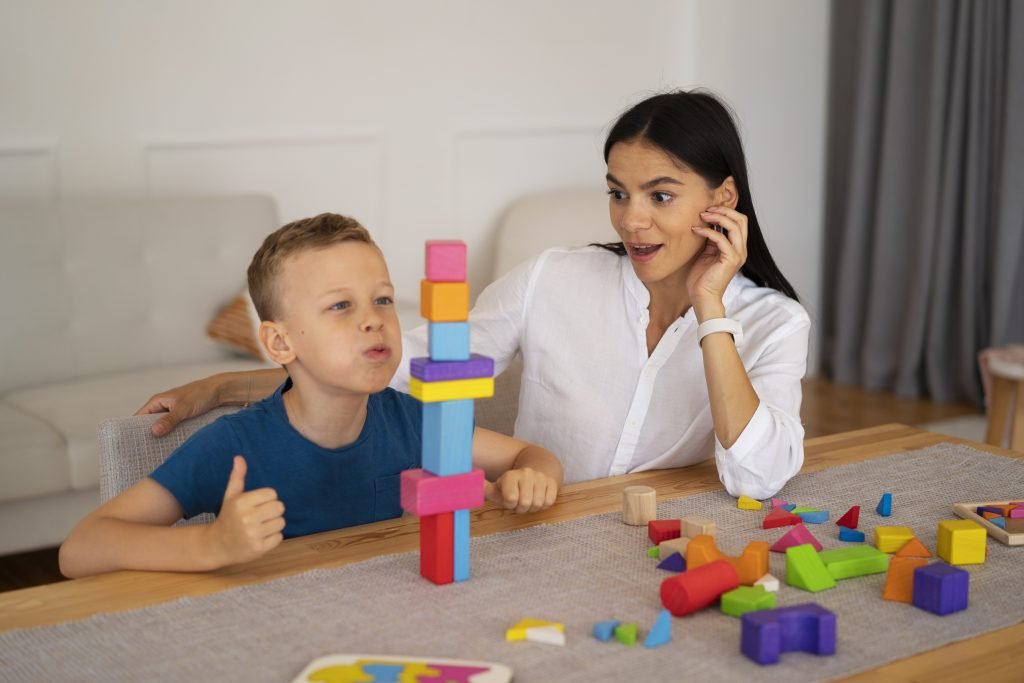
3. Set a Routine with Flexibility
Children, especially hyperactive ones, benefit from a consistent routine. A regular schedule helps provide a sense of structure and security, which can be calming. Try to keep consistent times for meals, play, homework, and sleep. However, within that routine, allow for some flexibility to avoid frustration. If your child feels restless during a certain activity, give them short breaks to stretch or move around before getting back on task.
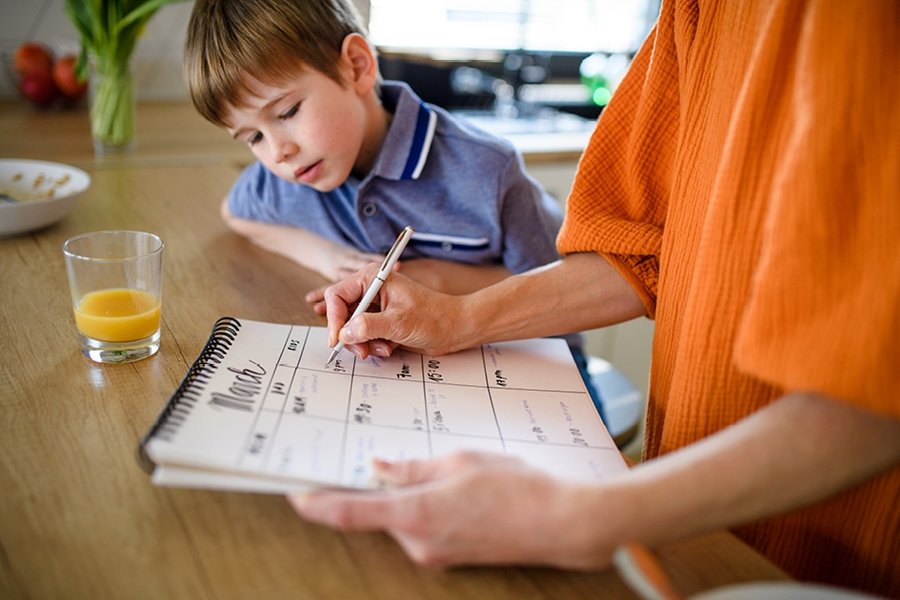
4. Practice Mindful Breathing and Relaxation Techniques
Teaching hyperactive children mindfulness and breathing exercises can be a powerful tool. It might sound too simple, but taking a few deep breaths or practicing slow, guided breathing can help them calm down when they’re feeling particularly restless. Yoga or simple stretching exercises are also great ways to help them reconnect with their bodies and relax their minds.

5. Offer Positive Reinforcement
One of the most effective ways to help hyperactive children manage their behavior is through positive reinforcement. Celebrate the small wins—whether it’s sitting through a quiet activity, following instructions, or even just taking a few calming breaths. By rewarding good behavior, you encourage them to repeat it. A small reward or simply praising them with words like, “I’m proud of how calm you’ve been” can go a long way.

Conclusion
Helping hyperactive children find calm isn’t about limiting their energy; it’s about guiding it in positive ways. By engaging them in physical activity, encouraging creativity, and teaching them relaxation techniques, you can harness their energy constructively. It takes patience, but these small changes will help your child feel more in control – and that makes everyone’s life a little more peaceful.
Disclaimer: This blog is correct as per the writer’s knowledge. This is not medical guidance. Follow as you are responsible for.

